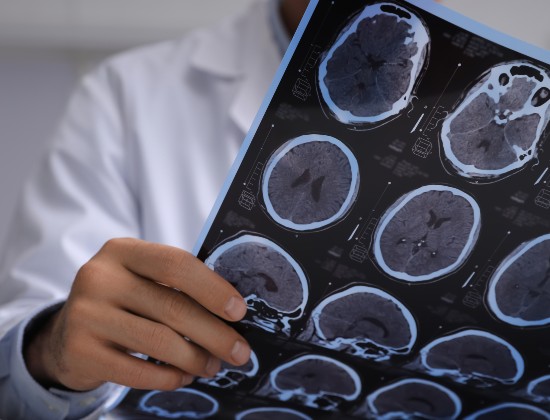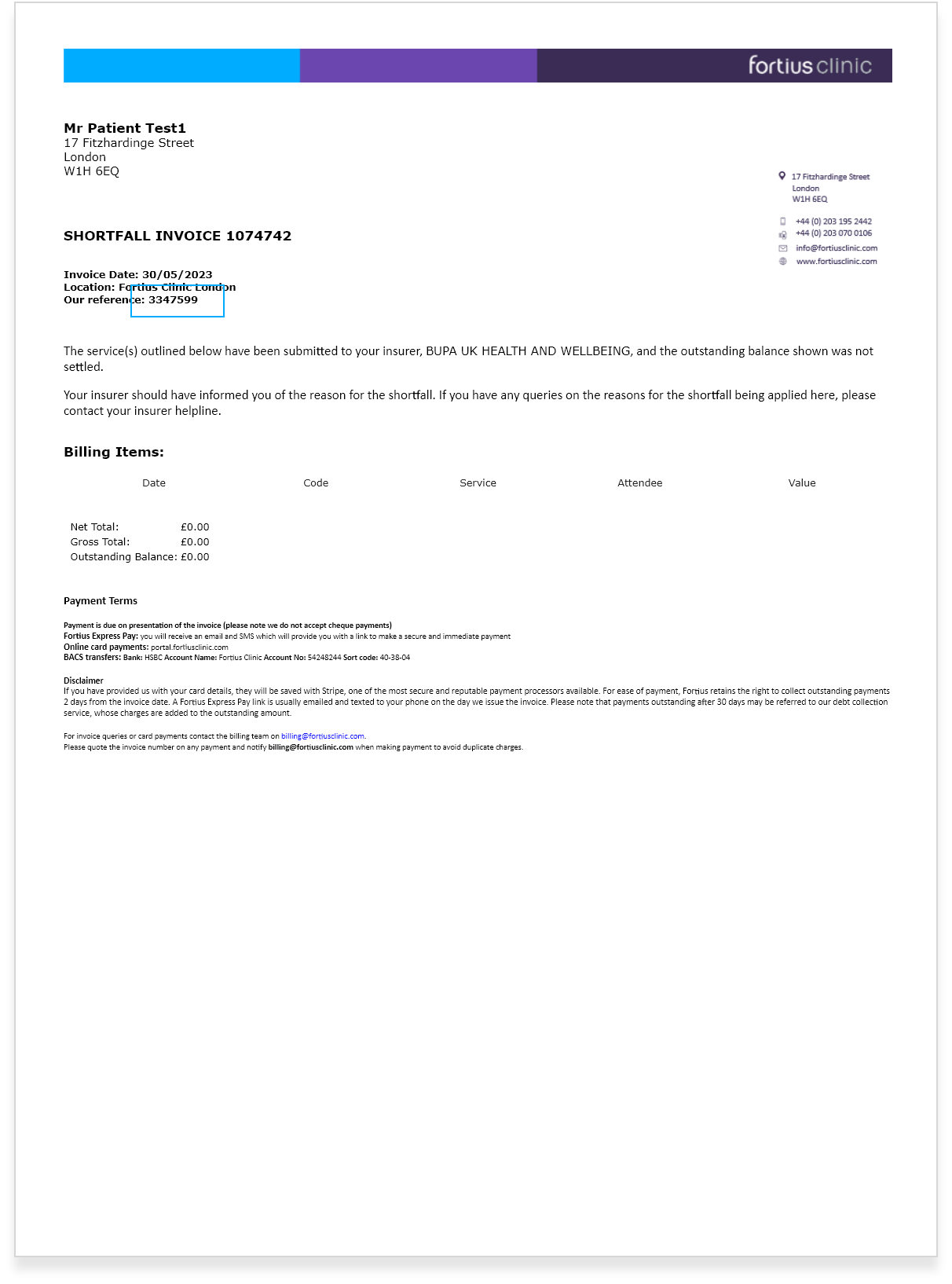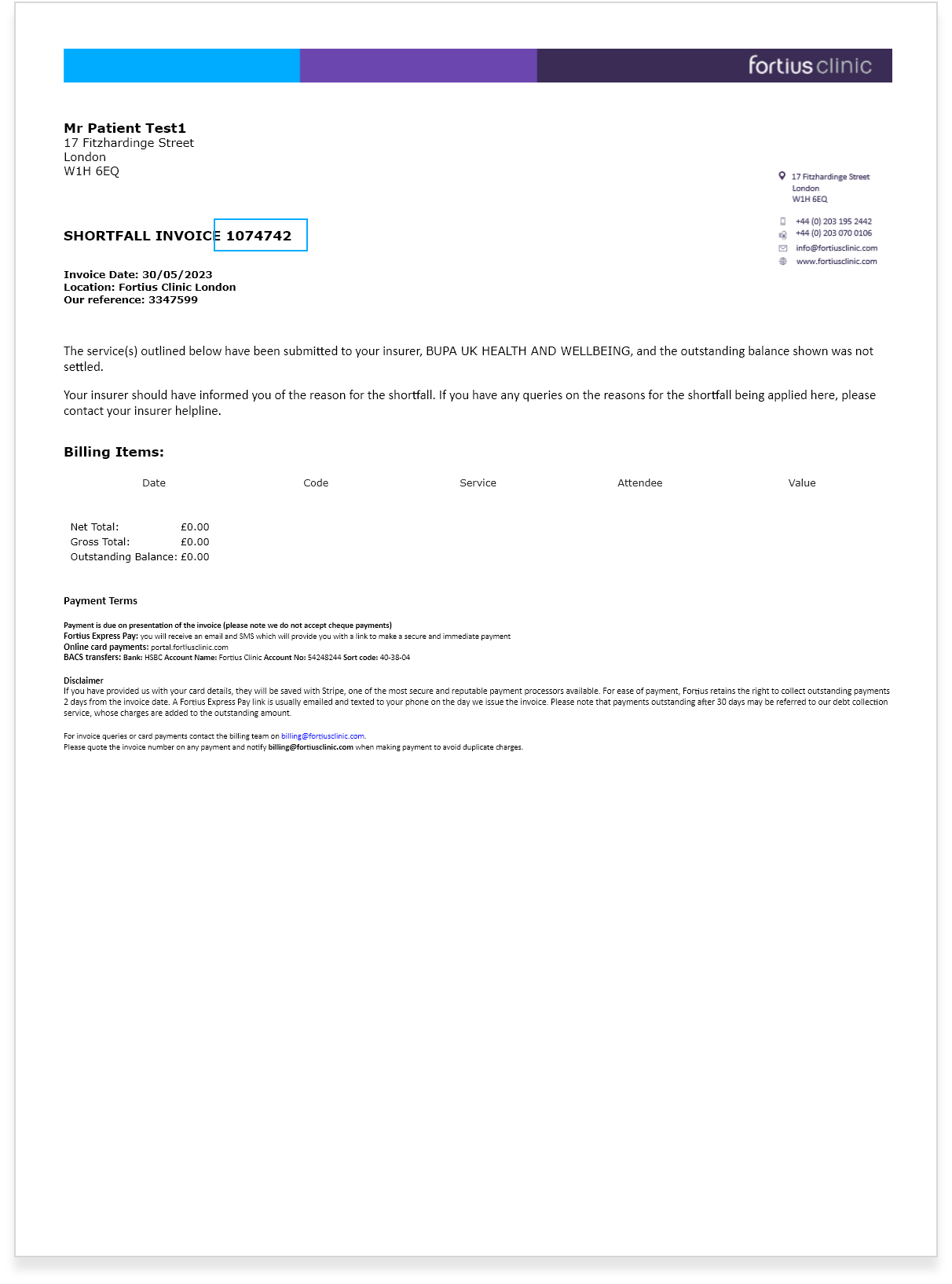Neurology
What is neurology?
The term neurology refers to disorders of the nervous system (the central, peripheral and autonomic nervous systems) and disorders of muscle (these are controlled by the nervous system).
What is a neurologist?
A neurologist is a highly qualified medical doctor. Neurologists are experienced in diagnosing and treating neurological disorders. After extensive general neurology training in all areas of neurology, a neurologist then develops a sub-specialist interest in a particular area of neurology.
Who might need to see a neurologist?
You may need to see a neurologist because you have symptoms such as numbness, weakness, headaches, tremors, memory disorders, seizures or fainting spells.
You may need to see a neurologist if you have sustained a traumatic brain injury (which can also be referred to as concussion or head injury). You may be experiencing headaches, dizziness, sleep problems, memory, concentration or attention problems, in addition to visual problems, mood changes or irritability.
What tests does a neurologist request?
You may require an MRI scan, nerve conduction studies or a referral to a neurosurgeon if you have a condition that requires surgical treatment.
What to expect during a consultation
During a neurological consultation, your neurologist will take a detailed history of your current symptoms and your past medical history. You will have a physical examination which will focus on the functioning of the nervous system.
The information obtained from the history of your problem and from examining you will help to determine what the problem is and what part of the nervous system it affects. Further tests may be needed to confirm a diagnosis and guide any treatment.
Your neurologist will discuss important aspects of your condition and treatment in clinic and this information will, if you wish, be sent to the referring clinician (normally your GP) and you will also receive a copy.
Sometimes it can be difficult to cover in detail everything you may need to know during a consultation. Your neurologist will cover the most important aspects of your diagnosis and treatment. If you have any questions, please ask.
Most patients will need a follow up appointment to discuss the results of any tests or to review the response to any treatment started.
Neurological disorders
Headaches
Headache is the most common neurological disorder seen in general neurology clinics.
As an isolated symptom, it is rarely caused by tumours or a serious underlying disease. Nevertheless it is often still a significant problem and worry for the patient.
Parkinson’s disease
Parkinson’s disease can present with a tremor, slowness in walking or a sensation of difficulty moving. Parkinson’s disease usually begins between the ages of 40 and 70 years.
Epilepsy and seizures
Electrical activity is happening in our brain all the time. A seizure happens when there is a sudden burst of intense electrical activity in the brain. This intense electrical activity is called ‘epileptic activity’.
Multiple sclerosis
Multiple sclerosis (MS) is a disease affecting the nerves in the brain and spinal cord, causing problems with muscle movement, balance and vision. A layer of myelin surrounds and protects the nerves and helps electrical signals travel fast and effectively. In MS, the myelin becomes damaged. MS is a demyelinating inflammatory disorder.


